For over a decade, Black Twitter served as a cultural hub and megaphone for the community. People gathered to joke and organize, find solidarity, and drive change. But with Twitter’s decline, this important online haven has faced erasure. Enter director Prentice Penny’s three-part documentary for Hulu. Black Twitter: A People’s History sets out to document this digital movement before its potential loss, capturing both its lighter and heavier moments.
Penny guides viewers through Black Twitter’s rise and evolution. We hear from journalists, comedians, and scholars about those early years. When hashtags like #UKnowUrBlackWhen took off and users flocked in bigger numbers than other sites. How it became a space to openly discuss pop culture and politics within the community. Figures like April Reign explain how platforms like Twitter enabled new forms of activism around issues like #OscarsSoWhite.
Woven throughout is necessary context on the offline realities that shaped experiences online. From civil rights movements to unjust incidents that still occur today. The series considers how Black Twitter not only reflected but reacted to and helped advance social change. It acknowledges too the faults within, from misogyny to the dangers of online harassment. But overall, Penny’s documentary pays tribute to an online home that empowered and united through both joy and struggle in transformative ways. A community that deserves to be celebrated and remembered as its future remains unclear.
Black Twitter Through the Years
This three-part documentary covers a lot of ground. The first episode focuses on Black Twitter’s early days and how it all started. We hear about those initial viral moments around 2009 and 2010 that really got people talking. Hashtags like #UKnowUrBlackWhen helped the community come together around shared experiences.
It was during this time that Black Twitter truly began to find its voice. Comedians and celebrities like Amanda Seales explain how platforms like Twitter were perfect for their humor and style of cultural commentary. Everyday users also joined in on the fun, making jokes and finding community through their tweets.
Episode two then jumps ahead to the impactful organizing we saw around issues like Black Lives Matter and #OscarsSoWhite. We learn how Twitter was used to draw attention to injustice and hold powerful institutions accountable. Activists like April Reign and Alicia Garza discuss their campaigns and the role Black Twitter played in amplifying their messages.
The final episode brings things more current by examining Black Twitter during times like the Trump presidency and pandemic. We hear about the online discourse around these events from journalists like Jemele Hill. The documentary also addresses Twitter’s decline under new ownership and what that could mean for the community going forward.
Throughout, prominent Black cultural figures, actors, writers, and Twitter insiders offer insight. Comedians W. Kamau Bell and Amanda Seales share their experiences. Scholars like Roxane Gay provide a broader social context. Even former Twitter employees provide an inside look at the platform.
Together, these chapters trace Black Twitter’s evolution from online clubs to a movement with real-world impact. But it does so in a fun, engaging way, perfect for any viewer looking to learn about this seminal online community.
From Memes to Movements: The Cultural Reach of Black Twitter
Anyone who’s spent time online knows the influence of Black culture. But few realize how much emerged directly from Black Twitter. As the documentary shows, this community became a driving force unlike anything seen before.
On Black Twitter, everyday users and celebrities alike could bond over shared experiences. Hashtags like #YouKnowYoureBlackWhen let people connect through humor in a way mainstream culture rarely allowed. But it was more than just jokes—this “mic” amplified Black voices on a scale not possible before.
When tragedies struck like the killing of Trayvon Martin, Black Twitter harnessed this ability. Hashtags like #BlackLivesMatter helped transform online outrage into a nationwide movement. Organization and protest planning happened quickly thanks to this platform. Major actions from Ferguson to today trace their roots directly back to tweets first shared within this community.
Not only did Black Twitter galvanize real-world change, it completely revolutionized internet culture. Memes, GIFs, and new slang frequently debuted here before spreading globally. The documentary touches on how queer Black language in particular shaped the internet as a whole. Shows like Scandal also fostered vibrant live-tweeting that ushered in a new era of digital fandom.
It’s hard to imagine where we’d be without the contributions of Black Twitter. Whole industries try mimicking the creativity that just came so naturally here. While the platform may change, the profound mark of this online home for Black voices will echo for years to come. From sparking movements to redefining online communication itself, Black Twitter ceaselessly shaped the world in big and small ways. Their impact proves some microphones are just too powerful to silence.
Bringing Black Twitter to Life
Director Prentice Penny had a challenge—how to capture the online magic of Black Twitter on screen. His innovative style breathes life into this influential community.
Interviews never feel static. Conducted in vividly decorated sets like a barbershop or campaign office, they transport viewers straight to the places Black voices thrived. Commentators reminisce with ease, as if continuing real conversations. Archival clips also feel lively thanks to Penny’s skilled editing, seamlessly blending tweets and news into the bigger picture.
Across three rapid-fire episodes, a clear narrative emerges despite bouncing between topics. We see Black Twitter start as humble humor before growing into a movement launcher. Chapter one keeps things light while hinting at greater impact to come. When hardship hits in real life, chapter two shows this online family rallying in support.
Even complex issues get their due without slowing the pace. Queer voices and misogyny receive acknowledgement alongside celebrations of cultural victories. You’ll learn a great deal while barely noticing the education. Guiding it all is Penny’s smooth narration, forging natural connections between people and periods.
No matter the subject, Penny ensures human experiences stay centerstage. Black Twitter might be broad, but its heart remains the joy, struggles, and brilliance of people within. By bringing their community to the screen with such infectious energy, he’s cemented the legacy of their online “mic” for years to come.
Exploring Iconic Episodes
The first episode offers a lighthearted look at Black Twitter’s origins. We meet early adopters like Ashley Weatherspoon, whose tweet launched the viral hashtag #uknowyoureblackwhen. Through it, Black users realized shared experiences and sparked joy online. Commentators like W. Kamau Bell bring their signature wit to discussing memes from this carefree period. Viewers get a taste of Black Twitter’s humor before heavier topics arrive.
In episode two, the tone shifts as users harness social media for good. Focus falls on impactful movements like #BlackLivesMatter, born from real-world tragedies. We learn how figures like Alicia Garza spread consciousness-raising messages far and wide. Harrowing clips paired with emotional testimony make the very real human toll painfully clear. Yet perseverance is celebrated—early Twitter protests planted seeds that later grew into widespread solidarity and demand for justice.
A highlight comes from God-is Rivera, a former Twitter executive. While colleagues pushed livestreams to boost profits, Rivera convinced the platform of protesters’ right to document oppression unseen otherwise. This inside perspective underscores how social change depends on amplifying marginalized voices, not just turning profits. Overall, episode two shows Black Twitter’s integral role in promoting equality, from sparking initial conversations to keeping pressure on authorities until strides occurred.
Both provide pivotal glimpses into how this community operated. The first lays foundation through shared experiences. The second demonstrates activating collective power for good, changing culture significantly. Both affirm director Penny’s astute observation—Black Twitter was always more than fleeting jokes online. It laid progressive groundwork by bringing overlooked Americans together until movements manifested IRL change.
Celebrating a Movement, Yet More to Explore
Black Twitter: A People’s History covers significant ground, highlighting this community’s cultural impact and role in activism. Director Prentice Penny weaves inspiring stories that educated me on key hashtags and how they raised awareness. I appreciated learning about pioneering figures like Ashley Weatherspoon, who kicked off #UknowUrBlackWhen and helped users realize shared experiences. The documentary effectively honors Black Twitter as a space where voices long underrepresented could find an audience.
Penny also deserves praise for contextualizing movements through archival footage, showing real-world consequences of online organizing. I now better recognize this platform’s power in sparking blunt but needed discussions on injustice. His direction celebrates resistance with the joy and humor that characterized discussions. Interviews offer lively perspectives that bring topics to life beyond dry facts. This approach creates an entertaining, immersive experience one won’t soon forget.
Yet brevity proved a double-edged sword. Rapid pacing prevented delving deeper into nuances. While covering much, certain issues received only surface treatment. The documentary might have benefited from additional runtime to fully explore struggles within Black Twitter like gatekeeping or the dangers of overpolicing. Tighter focusing on a few pivotal moments may have made an even stronger impact.
Overall, Black Twitter: A People’s History delivers a monumental first step for documenting a seminal online movement. Penny accomplishes his goal of preserving this chapter for future generations and honoring pioneers who shaped discourse. Though not without limitations, its celebratory tone and moving portrayals of solidarity keep its spirit alive. This documentary inspires and informs, laying the foundation for ongoing reflection on social media’s role in activism. I feel grateful for the introduction to this community’s rich history and influence.
Weaving a Digital Legacy
Black Twitter: A People’s History tells an important story about the rise of an online movement. Director Prentice Penny interviews journalists, activists, and internet stars who trace how Black communities found community and a voice on Twitter. Through iconic hashtags and viral threads, they share memes that bring lighthearted fun but also raise awareness of injustice.
Penny shows how Black Twitter wasn’t just about jokes. It empowered the sharing of lived experiences and organizing for change. His documentary highlights pivotal events from Zimmerman’s murder of Trayvon Martin to Floyd’s, relaying the continued demands for accountability. He also includes challenges like backlash and failures to curb harassment, showing it reflected real-world issues.
By compiling these voices, Penny preserves a cultural phenomenon before it slips from memory. Social media evolves rapidly, but his documentary ensures future generations know Black Twitter’s foundations and impact. It not only sparked national conversations but inspired countless online communities. While Twitter stumbles, the inclusive spirit live-tweeted in those squiggly blue rooms continues shaping online discourse.
Though brief, Black Twitter offers a starting point for understanding this digital movement. Penny honors its architects through their own words and images. By bringing levity and history together, he crafts a tribute fitting for such a vibrant place. His documentary weaves a legacy that will outlive any fleeting platform, reminding us all of the power within our voices when we come together.
The Review
Black Twitter: A People's History
Black Twitter: A People's History tells an important story about the influential online community that shaped culture and discourse. While brief in scope, director Prentice Penny accomplishes his goal of honoring pioneering users and preserving the legacy of this seminal digital movement. Through compelling interviews and cultural context, he brings to life the joy, humor, and activism that characterized Black Twitter. Though not perfect, this documentary serves as an engaging and educational introduction to its subject, reminding all of the power within shared voices and experiences.
PROS
- Informative introduction to the origins and impact of Black Twitter
- Insightful perspectives from journalists, activists, and cultural figures
- Effectively captures the humor, camaraderie, and activism of the community
- Presents cultural context to understand Twitter's role in movements
- Paces segments to reflect the endless scrolling experience
CONS
- Unable to delve deeply into some complex topics due to brevity
- Only depicts perspectives of highly visible public figures
- Focuses more on celebrating successes than critiquing platform issues









































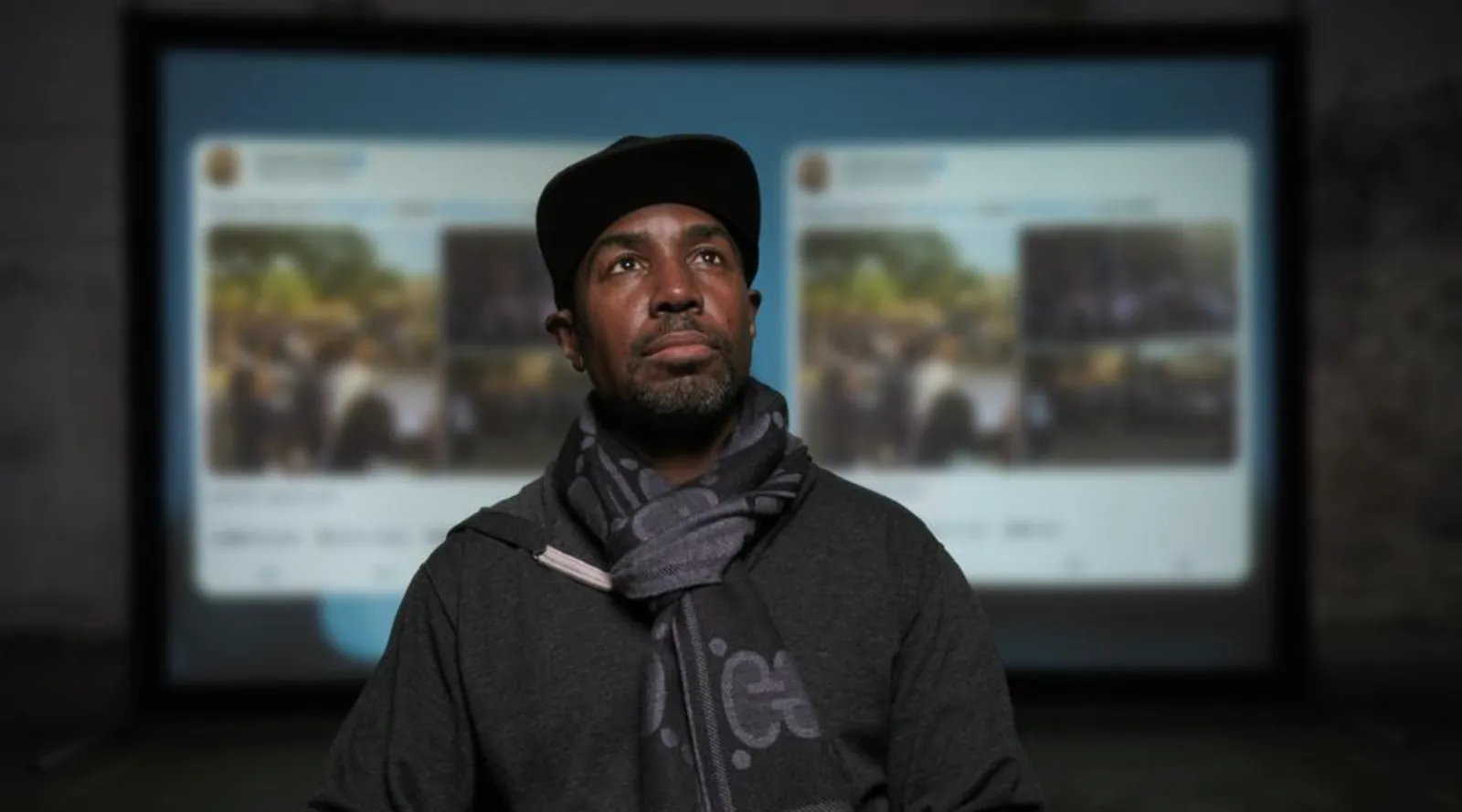
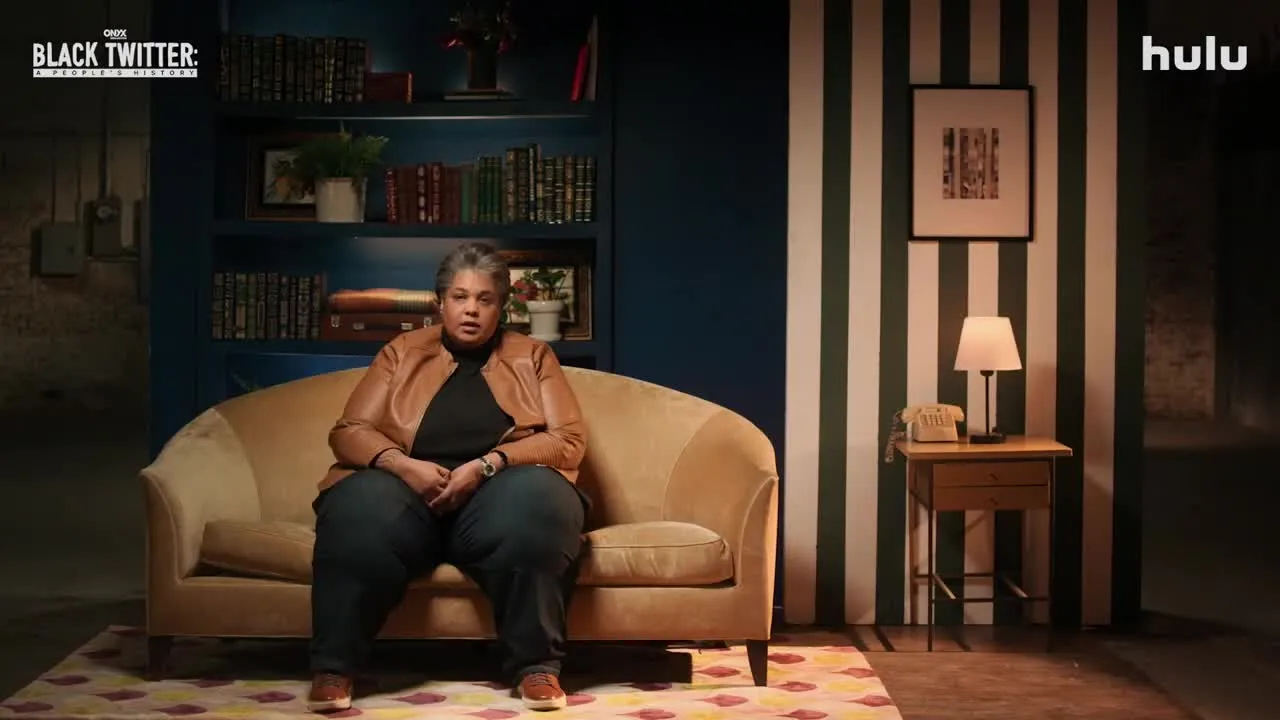
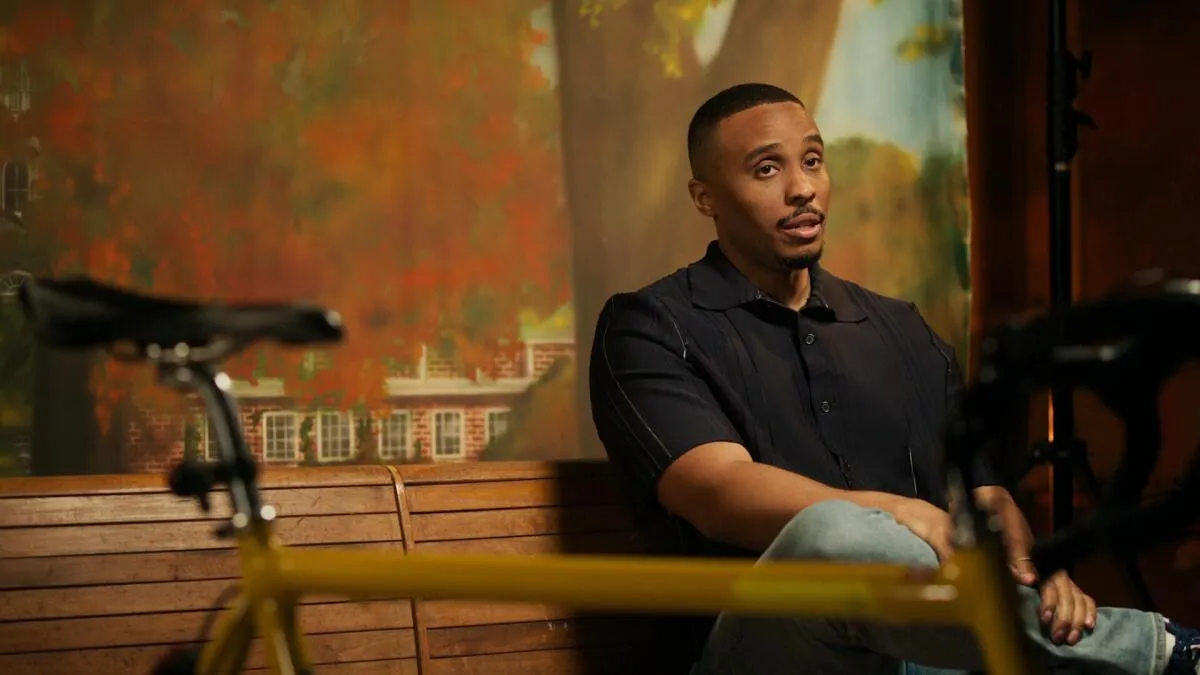
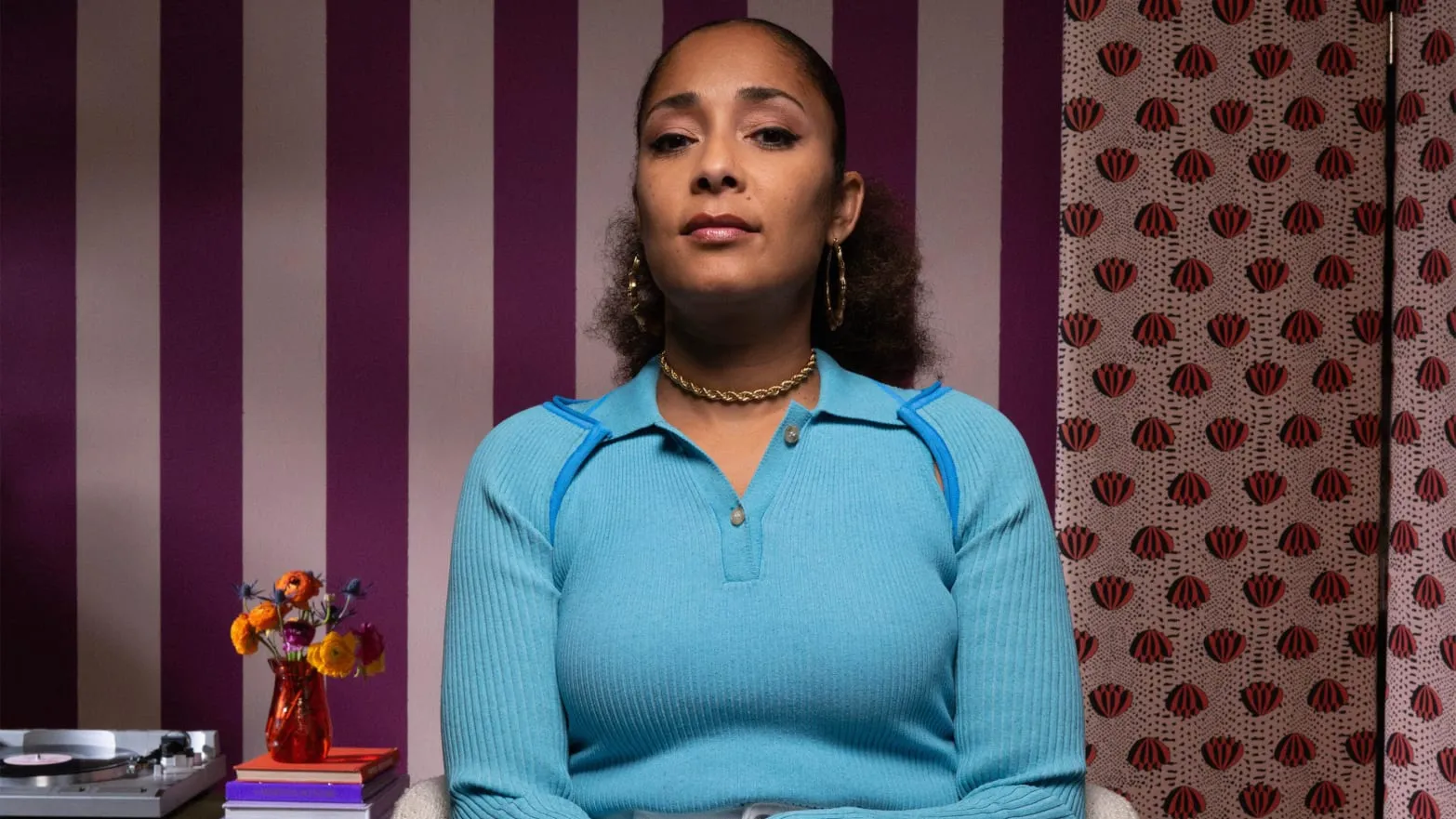
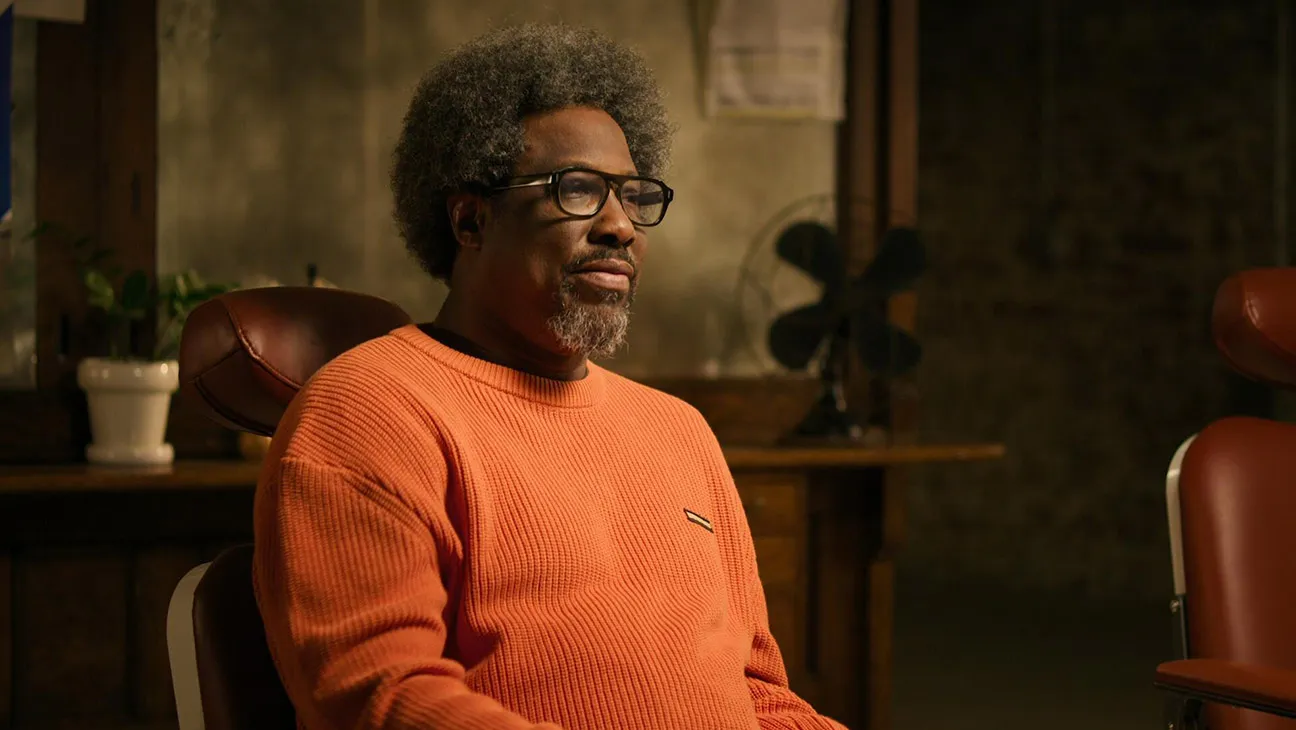








Discussion about this post